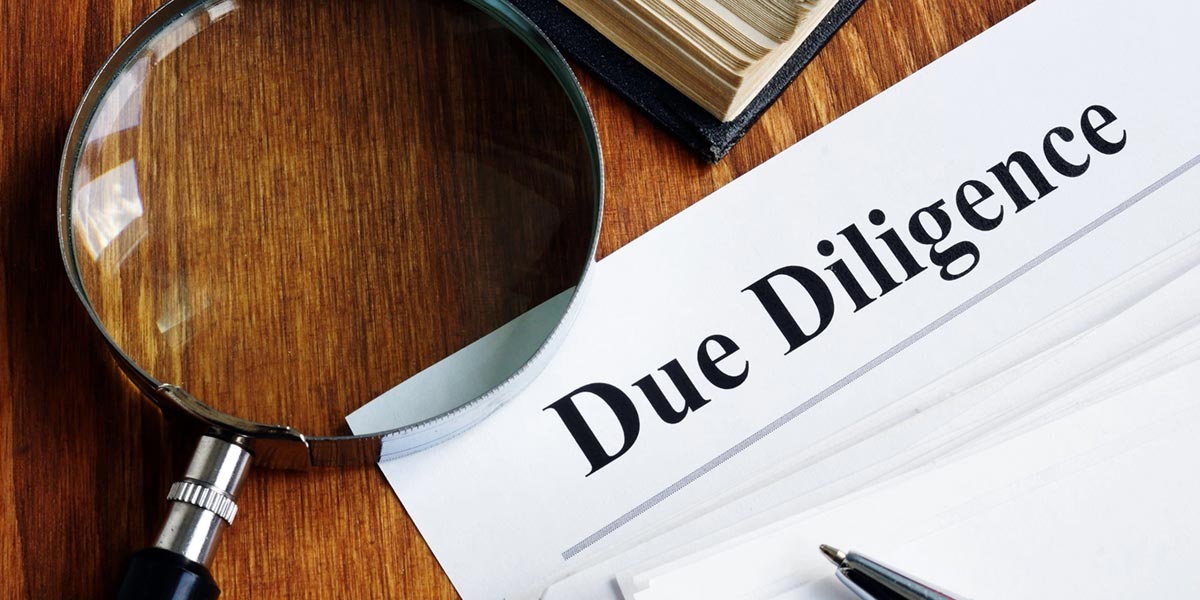Due diligence is a critical process for individuals and businesses looking to invest, acquire, or partner with companies in Thailand. Given Thailand’s unique legal and business environment, conducting thorough due diligence helps mitigate risks and ensures compliance with local regulations. Due diligence is broadly categorized into various types based on the aspects of a business or transaction being examined. The following are the main types of due diligence in Thailand:
1. Legal Due Diligence
Legal due diligence is essential for verifying a company’s legal standing and its compliance with Thai laws and regulations. This involves reviewing the company’s registration documents, corporate governance structure, business licenses, litigation history, and contracts.
Key areas of legal due diligence in Thailand include:
- Verification of company registration with the Department of Business Development (DBD)
- Examination of the Articles of Association and Memorandum of Association
- Checking the validity of business licenses and permits
- Reviewing shareholder agreements and corporate resolutions
- Assessing any ongoing or potential litigation and legal disputes
2. Financial Due Diligence
Financial due diligence ensures that the financial health of a company is accurately represented. This is particularly important for mergers, acquisitions, and investments. Financial due diligence in Thailand typically involves:
- Reviewing audited financial statements and accounting records
- Assessing cash flow, revenue streams, and profitability
- Identifying any financial irregularities or hidden liabilities
- Evaluating the company’s tax compliance and obligations
- Examining outstanding debts and obligations
3. Tax Due Diligence
Tax compliance is a crucial aspect of doing business in Thailand. Tax due diligence involves reviewing a company’s tax filings, liabilities, and compliance with Thai tax regulations, including:
- Corporate income tax (CIT) compliance
- Value-added tax (VAT) and withholding tax obligations
- Transfer pricing compliance for multinational businesses
- Review of past tax audits and potential tax liabilities
- Assessment of tax incentives and exemptions
4. Operational Due Diligence
Operational due diligence evaluates the efficiency, processes, and capabilities of a business. This ensures that the company’s operations align with industry standards and expectations. Key aspects include:
- Review of supply chain and logistics efficiency
- Assessment of key business processes and internal controls
- Examination of the company’s IT infrastructure and cybersecurity measures
- Evaluation of human resource policies and labor law compliance
- Checking operational risks that could impact productivity
5. Commercial Due Diligence
Commercial due diligence examines a company’s market position, industry trends, and competitive landscape. Investors and acquirers use this to gauge business viability and growth potential. This type of due diligence in Thailand involves:
- Market analysis and industry research
- Evaluation of the company’s customer base and brand reputation
- Analysis of competitors and market positioning
- Reviewing sales strategies and revenue generation models
- Assessing business scalability and growth prospects
6. Environmental Due Diligence
Thailand has strict environmental laws, and businesses, particularly in manufacturing and real estate, must comply with regulations. Environmental due diligence involves:
- Ensuring compliance with environmental impact assessment (EIA) requirements
- Evaluating waste management and pollution control measures
- Identifying potential environmental risks and liabilities
- Reviewing compliance with sustainability and corporate social responsibility (CSR) standards
7. Regulatory Due Diligence
Thailand’s regulatory landscape varies across industries. Regulatory due diligence is necessary to ensure businesses operate within legal frameworks and comply with industry-specific requirements, such as:
- Compliance with foreign ownership laws and investment regulations
- Ensuring adherence to industry-specific laws (e.g., food and drug regulations, banking laws, telecommunications laws)
- Verifying compliance with labor laws and employee benefits
- Checking adherence to anti-corruption and anti-money laundering (AML) laws
8. Intellectual Property (IP) Due Diligence
IP rights are vital for businesses involved in technology, media, and creative industries. Intellectual property due diligence involves:
- Reviewing trademark and patent registrations in Thailand
- Assessing potential IP infringement risks
- Evaluating ownership of copyrights and trade secrets
- Verifying the validity of technology licenses and agreements
- Identifying any ongoing IP disputes or litigation
9. Human Resources (HR) Due Diligence
HR due diligence ensures compliance with Thai labor laws and helps evaluate the company’s workforce stability. This includes:
- Reviewing employment contracts and workplace policies
- Assessing compliance with Thai labor laws, including working conditions and wages
- Evaluating employee benefits and social security contributions
- Identifying potential labor disputes or union-related risks
- Reviewing employee retention and turnover rates
10. Real Estate Due Diligence
For investors looking to acquire land or property in Thailand, real estate due diligence is essential. This involves:
- Verifying land title deeds and property ownership
- Ensuring compliance with zoning laws and land use regulations
- Reviewing lease agreements and rental conditions
- Identifying encumbrances or legal disputes over property
- Assessing construction permits and building regulations
11. Technology and IT Due Diligence
With the growing reliance on digital infrastructure, IT due diligence is becoming increasingly important. This type of due diligence includes:
- Assessing the company’s cybersecurity framework and data protection measures
- Evaluating IT system efficiency and software licenses
- Identifying risks related to IT infrastructure failure or data breaches
- Reviewing compliance with Thailand’s Personal Data Protection Act (PDPA)
- Checking IT-related contracts and service agreements
Conclusion
Conducting due diligence in Thailand is essential for mitigating business risks and ensuring legal and financial security. Each type of due diligence provides valuable insights into different aspects of a business or investment, allowing investors, buyers, and partners to make informed decisions. Depending on the nature of the transaction, a combination of legal, financial, operational, and regulatory due diligence is often required. Engaging local experts, such as legal advisors, accountants, and industry consultants, can significantly enhance the effectiveness of the due diligence process in Thailand.

